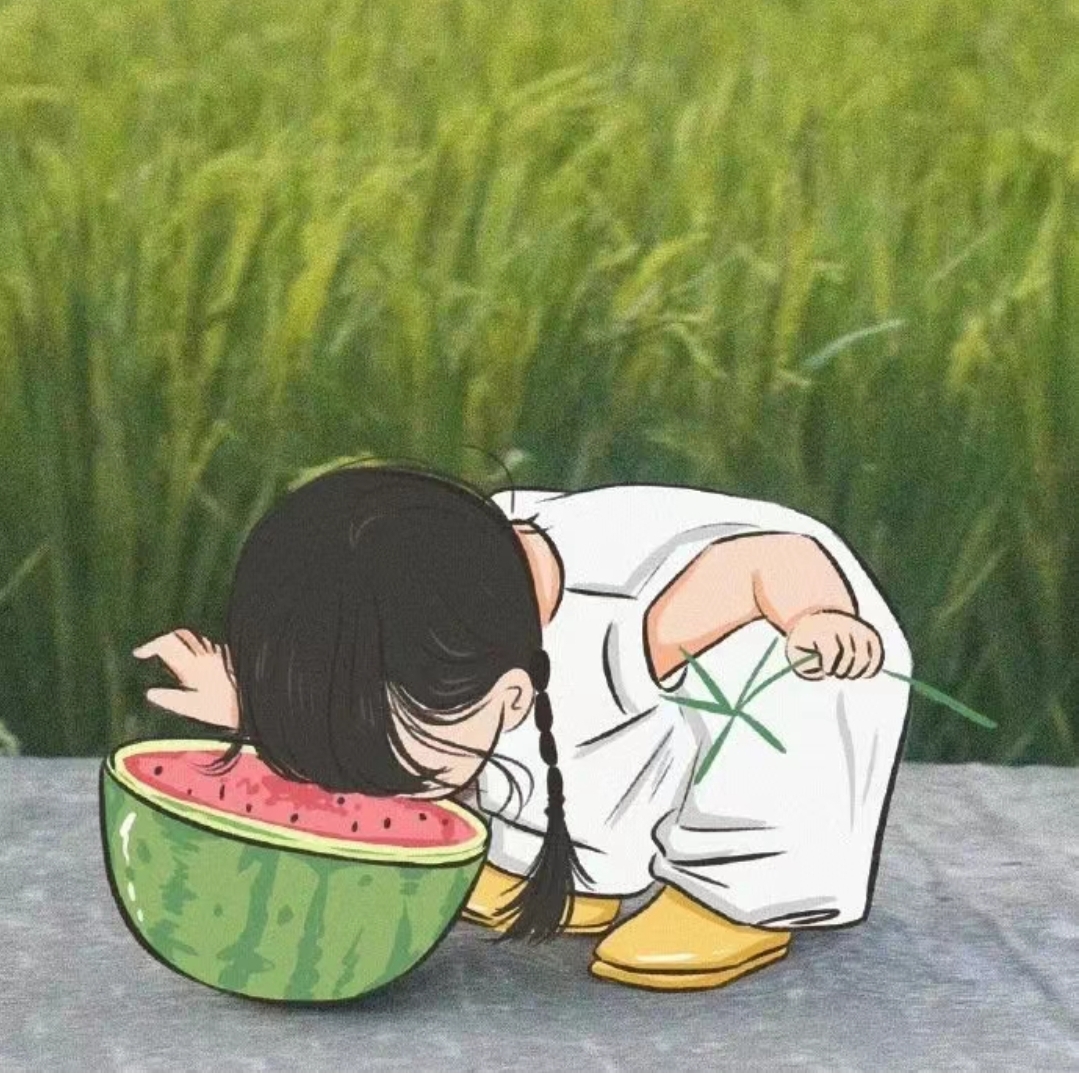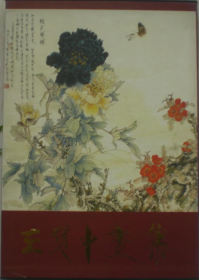
【现货速发】名家讲中国绘画名作
全新正版书籍,24小时发货,可开发票。
¥ 60.1 4.7折 ¥ 129 全新
库存6件
作者《文史知识》编辑部 著
出版社五洲传播出版社
ISBN9787508533209
出版时间2016-03
装帧平装
开本16开
定价129元
货号23925621
上书时间2024-11-24
- 最新上架
商品详情
- 品相描述:全新
- 商品描述
-
导语摘要
与西方绘画相比,中国绘画别具一格,自成一统。本书在简要概述中国绘画艺术的基础上,重点对历代绘画名家名作进行分析、导读,带领读者通过具体作品,体悟中国绘画艺术的独到之美。
作者简介
编者:《文史知识》编辑部。《文史知识》杂志自创刊以来,一直坚持大专家写小文章,坚持深入浅出地介绍和评述中国优秀传统文化,受到学术界的广泛好评。其作者荟萃全国一流文史专家,内容涵盖中国传统文化各个方面,文章知识性、趣味性、学术性兼备,深入浅出,雅俗共赏。
目录The Value of Literati Paintings
Gu Kaizhi’s Painting of Ode to Goddess Luo
Zhan Ziqian and His Painting Spring Outing
Han Gan and His Painting Herding Horses
Han Huang and His Painting Five Oxen
Gu Hongzhong’s Painting Han Xizai Evening
BanquetZhou Wenju’s Playing Chess by Double
ScreensXu Xi, Huang Quan and “Non-Outlined
Paintings”Landscape Paintings by Fan Kuan
Wang Qihan’s Man Cleaning His Ear
Xiao and Xiang Rivers of Dong Yuan
Stories about the Painting Along the River
during the Qingming FestivalWen Tong and His Bamboo Paintings
The Two Mis and Three Zhaos
Emperor Huizong and Academy Painting of the
Song DynastyLi Bai’s Image in Liang Kai’s Painting
A Brief Analysis of Ma Lin’s Listening to
the Wind in the PinesSecrets of Plum Blossom Paintings of the
Song and Yuan DynastiesFour Master Painters in Late Yuan Dynasty
Huang Gongwang and His Painting Nine Peaks
Clearing after SnowOn Wang Meng’s Ge Zhichuan Resettlement
Fu Shan’s Piled Rocks on Hills
Bada Shanren and His Flower-and-Bird
PaintingsSelf-Portrait of Jin Nong
Ren Bonian’s Birds-Hunting in the Autumn
Wu Changshuo and His Plum Paintings
内容摘要
与西方绘画相比,中国绘画别具一格,自成一统。本书在简要概述中国绘画艺术的基础上,重点对历代绘画名家名作进行分析、导读,带领读者通过具体作品,体悟中国绘画艺术的独到之美。
主编推荐
编者:《文史知识》编辑部。《文史知识》杂志自创刊以来,一直坚持大专家写小文章,坚持深入浅出地介绍和评述中国优秀传统文化,受到学术界的广泛好评。其作者荟萃全国一流文史专家,内容涵盖中国传统文化各个方面,文章知识性、趣味性、学术性兼备,深入浅出,雅俗共赏。
精彩内容Stories about the Painting Along the Riverduring the Qingming Festival
Ye Kangning
The storytelling script Stories to Warn Men(Xing Shi Yan) made the following quotation in Chapter 32 “Three Serpents PlayTricks in Vain and the Ding Finally Returns to the Former Owner”:
An old man in this dynasty was entrusted bya traitor minister to look for an ancient painting. He made a copy of thepainting to the traitor minister and concealed the genuine work. Unfortunatelywith his trick discovered by the traitor minister, he was sentenced to death.
Although Stories to Warn Men tells only anopinion of the novelist, the quotation was not invented but well grounded. Itinvolves a trade of the famous painting Along the River during the QingmingFestival in the reign of Emperor Jiajing of the Ming Dynasty. The trade was notonly recorded in many books, but also reworked into a play A Handful ofSnowflakes and staged, reflecting how great its influence was. All recordingsof the story in various books include four plots: Wang Shu soliciting thepainting, Huang Biao making a replica, Tang Chen extorting bribes and Yan Songmurdering Wang Shu.
I.Wang Shu soliciting the painting
During the reign of Emperor Jiajing of theMing Dynasty, Yan Song manipulated power for personal ends and his son YanShifan “engages in politics through his father. He was promoted fromTaichangqing (an official who controls ritual, god of land and god of grains)to Zuoshilang (assistant minister) of the Ministry of Works for the merit ofbuilding the outer city of the capital and was still in charge of the ShangbaoDivision (in charge of the imperial jade seals, tallies and chops etc.). He wasswift, fierce and cruel and greedy of potency and money. However, he wasproficiency in national decrees and regulations and had a good knowledge ofoverall situation and state affairs. He once said that himself, Lu Bing andYang Bo were the best talents of the world. After Lu Bing died, Yan becamegrowingly self-conceit. Yan Song lost his wits with age, and stayed in theImperial Palace all the time. The subordinate officials of various departmentsoften said “ask Donglou” when they reporting affairs. Donglou was the alias ofYan Shifan. The state affairs were all entrusted to Shifan. The officials underthe ministers even had no chance to report to the emperor or have to wait invain until dusk and return back. The scholars all looked askance at him withindignation and the unworthy fellows fawned on him. Shifan was familiar withduties of all the positions and the rules of punishment and bribes and theothers could not conceal any at all. He built his residence in the capitalcity, which covered several blocks. He created a pond of dozens of mu in hisresidence, and collected rare birds and trees in his residence and entertainedhimself with guests wantonly all day. Even when his mother passed away he didnot changed at all. He liked bronze vessels, calligraphic works and paintings.Zhang Wenhua, Yan Maoqing and Hu Zongxian and the like sent such treasures toYan or extorted treasures from the rich people until he obtained what hewanted.” (The History of Ming , Volume 308)
Most of the subordinate officials fawned onYan Song and his son for avoiding calamity if not for promotion. Yu Dayou wasonce put into prison because he was frank and not good at greasiness andprovoked Yan Shifan. The Chronicles of the Ming Dynasty (Ming Shi Ji Ben Mo)has such records: “In the 35th year (of the reign of Emperor Jiajing), Yu Dayouwas put into the prison of Jinyiwei. Dayou was not good at flattery. And YanShifan was angered by Yu’s reluctance of attachment and incited Hu Zongxian tocriminate Yu’s failure. Therefore Yu was sentenced and had to borrow a largesum of money to grease Yan. Yu was pardoned of death penalty but dismissed toDatong to redeem himself by good services”.
Among the numerous hangers-on, some wereofficials with political reputation. Wang Shu was one among them, who wasgovernor of jiliao , zuoshilang of the Ministry of War and youduyushi (juniorpresident of the censorate). Wang Shu, styled Minying, alternative name Sizhi,was born in Taicang. He was jinshi (passed the highest imperial examination) ofthe 20th year of the reign of Emperor Jiajing and had defended againstMongolian invasion at the northern border and invasion of Japanese pirates inthe south. Wang Shizhen, leader of the literary circles, was his eldest son andYu Dayou, a famous Ming-Dynasty General who defended China against the Japanesepirates’ invasion, was his subordinate.
相关推荐
— 没有更多了 —






















以下为对购买帮助不大的评价